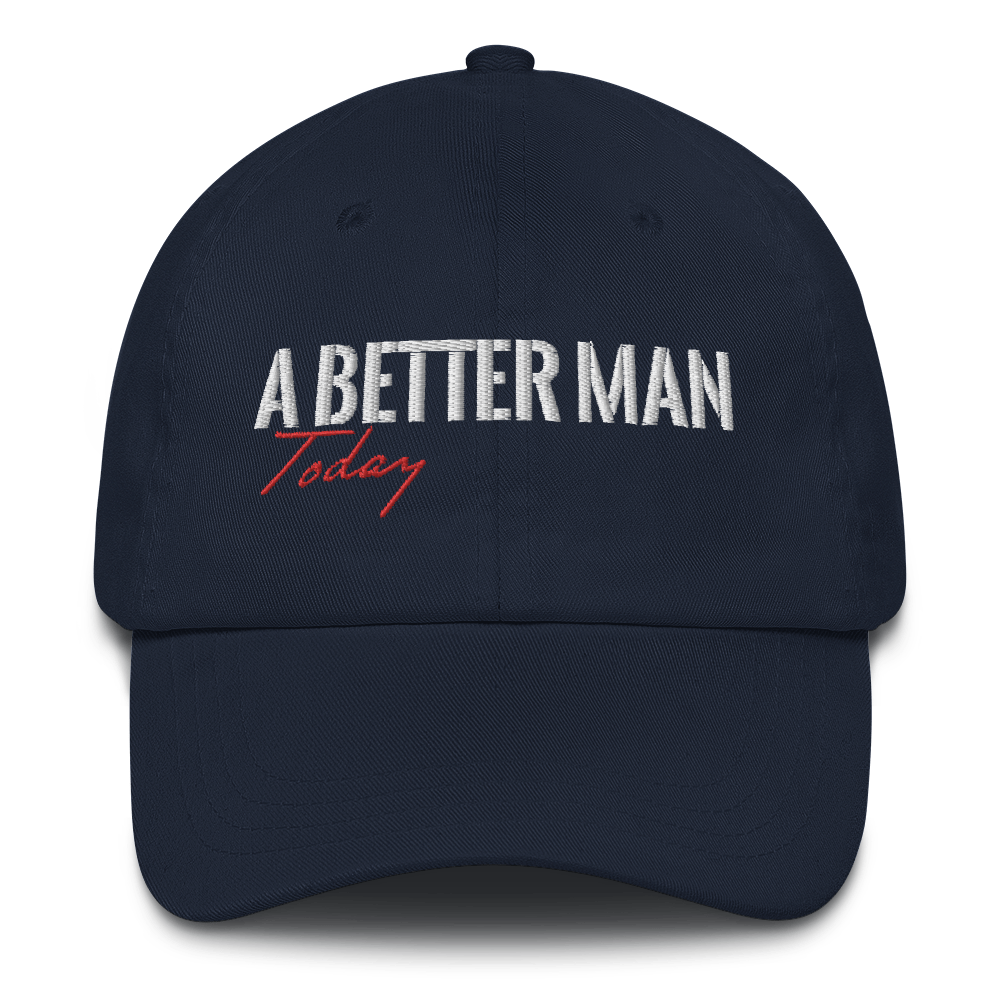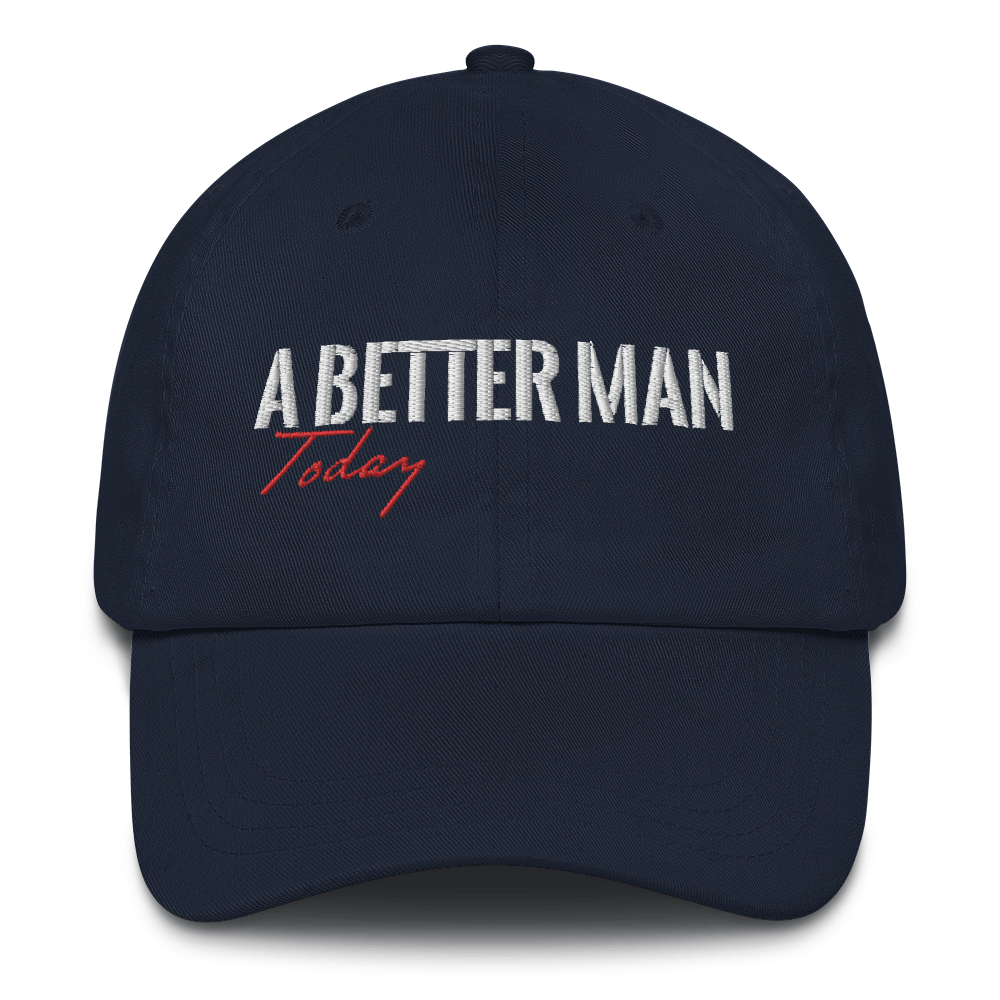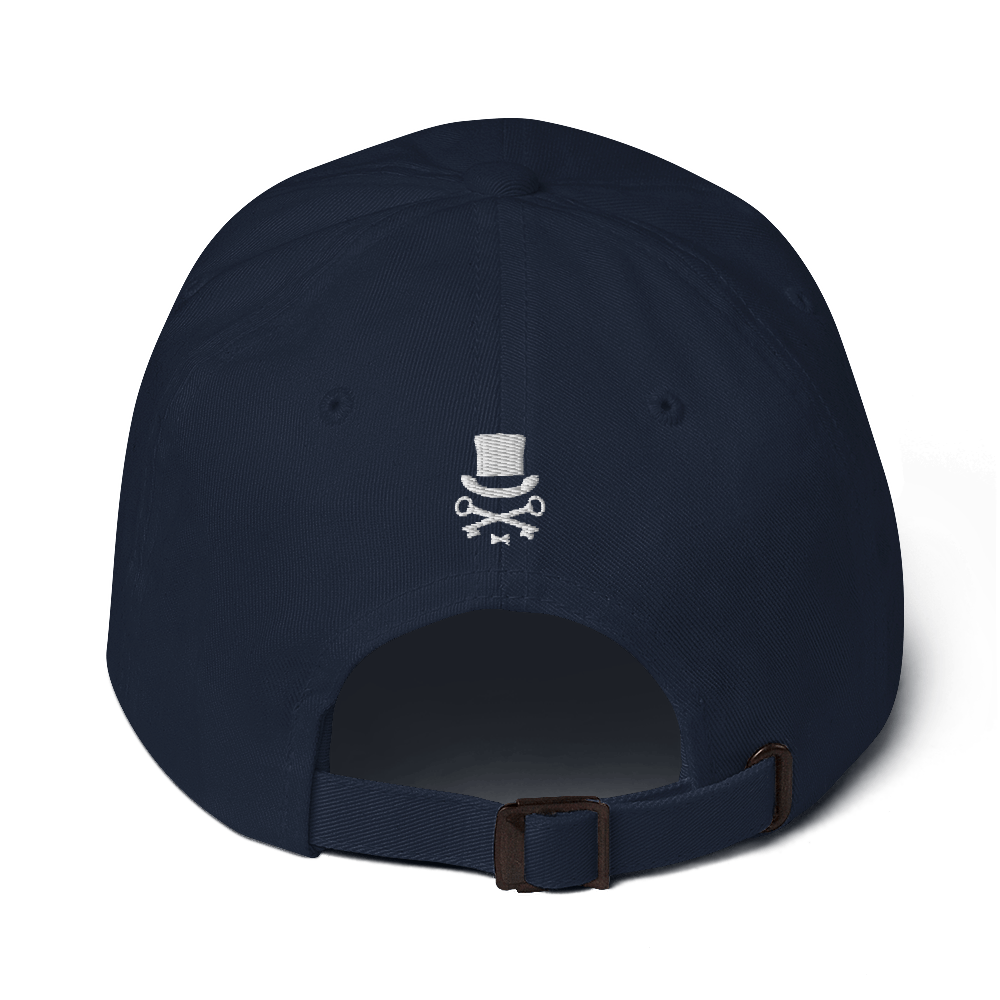The Warrior in The Garden 4
Anatomy of a Choice
by Alberto Mella There are very few that are not familiar with the story of David and Goliath. The story of the underdog against impossible odds. But what if I told you that the choices made by David were measured and backed by his knowledge and skill? That he knew from the moment the opportunity was presented to him that he was going to be victorious, would you still think him the underdog? In the movie “Indiana Jones; Raiders of the Lost Ark” there is a famous scene where Indiana Jones is confronted by a “bad guy” wielding two swords in a marketplace. After the sword-wielding villain does his initial display of martial arts prowess, Indiana pulls a gun and shoots him dead. This is EXACTLY what happens in the David and Goliath story. In David’s time, sheepherders were constantly exposed to dangers, fighting the wildlife that threatened the herd, like big cats and bears. Shepherds were proficient in the use of the staff, but also experts at the use of the sling. A very simple but lethal weapon, capable of sending a stone, the size of a golf ball, with surprising accuracy at 150 MPH towards the target. Now, place yourself in David’s shoes. Your family is very humble. Your lot in life will be to tend sheep. Then one day you find out that if you kill this man -Goliath- the King will make you wealthy and let you marry his daughter. You consider your opponent. Big, strong, and because of his weapons and armor, an expert at close combat fighting. You are confident in your skills with the sling. You’ve battled lion and bear. You KNOW how accurate you are with the sling. You KNOW you can unload 5 stones every 20 seconds. You KNOW that from a distance, you hold the advantage. So you let the King know you will be his champion. You select the best projectiles from a river bed: smooth, oblong and heavy stones. All you need to do is hit this big guy in the metal pot he carries on his head with your river stone. At the beginning of the fight, you start running towards him because even though you KNOW you will strike him and you KNOW it will stagger him, you DON’T KNOW for how long. At the very least that should stun him for a few seconds. Since you have no armor you will be much, much faster than him. You will close that distance immediately and use his own weapons against him.
And so it happens; no sooner is the stone out of your sling you are standing over a dazed opponent. In the next heartbeat, you seize his sword and kill him. The real battle, as described in 1 Samuel 48-51, was over in a matter of seconds.
There was indeed an underdog in this fight, but it was not David.
So you let the King know you will be his champion. You select the best projectiles from a river bed: smooth, oblong and heavy stones. All you need to do is hit this big guy in the metal pot he carries on his head with your river stone. At the beginning of the fight, you start running towards him because even though you KNOW you will strike him and you KNOW it will stagger him, you DON’T KNOW for how long. At the very least that should stun him for a few seconds. Since you have no armor you will be much, much faster than him. You will close that distance immediately and use his own weapons against him.
And so it happens; no sooner is the stone out of your sling you are standing over a dazed opponent. In the next heartbeat, you seize his sword and kill him. The real battle, as described in 1 Samuel 48-51, was over in a matter of seconds.
There was indeed an underdog in this fight, but it was not David.
Choices define the warrior, his/her successes, and failures. Choices should be methodical and rely on your knowledge and skills. As you harness this power, the time it takes you to make choices is shortened.When waging your daily battles, your choices will weigh heavily on the outcome. How do you currently make your choices? Based on a set of beliefs? Based on established knowledge? Because someone else said so? Because it has been this way forever? Or do you choose because of what you KNOW? How many times have you told yourself after making a bad decision “I knew it!”? I believe people when they say “I knew it!” the problem is that at the decision-making moment they didn’t believe in what they knew to be true. From this moment on, start making your choices based on what you KNOW. The things we don’t know we will call gaps and we will close these gaps as soon as they present themselves. For example, a bill collector calls to collect payment for a product or service you know nothing about. But the bill collector says the name on the account is that of your spouse or someone that lives with you. The amount is a pittance and you can pay it over the phone by saying yes. Recognize before making that decision that there is something that you don’t know: Did your spouse pay for the service or product? Close the knowledge gap by asking your spouse. This example extends to your workplace and interpersonal relationships. In some instances, it will be impossible to have all the information needed to make a perfect choice. But we can know enough to make the best choice at any given time. If you are like me, maybe you’ve pondered at one time or another “If I knew then what I know now.” That is called experience and even though we cannot go back and remake those decisions, we can make what we know available in our future ones.
Being self-aware of your decisions is the best action you can take in order to start making better and more fruitful decisions.A little note here: you don’t need to know everything but you do need to know where to find the information you need. Choices should be a product of having the support of knowledge and skills. When you make a choice you should make a note of what you know and what you can do about it. Never make an important choice on a whim! If it can wait for you to get the knowledge, then wait. If you cannot wait (life or death), then make the best with what you already have. Most people make choices without thinking. For a warrior in the garden that cannot be the case. You need to be fully aware that a choice is about to be made and also aware that you are in command of that choice. Being self-aware of your decisions is the best action you can take in order to start making better and more fruitful decisions. Once you become fully aware of the decisions you make, you will immediately learn to recognize the doors of opportunity opening up for you like they did for David millennia ago.

Alberto Mella is an award-winning speaker characterized by his inspiring message, dynamic and humorous presentation style. Alberto is an Army veteran and has been a martial arts practitioner for the past three decades. To learn more about Alberto Mella visit AlbertoMella.com or send an email to: albertoemella@gmail.com
Photo Credits: David vs Goliath by Greg Foster Licensed under CC by 2.0




